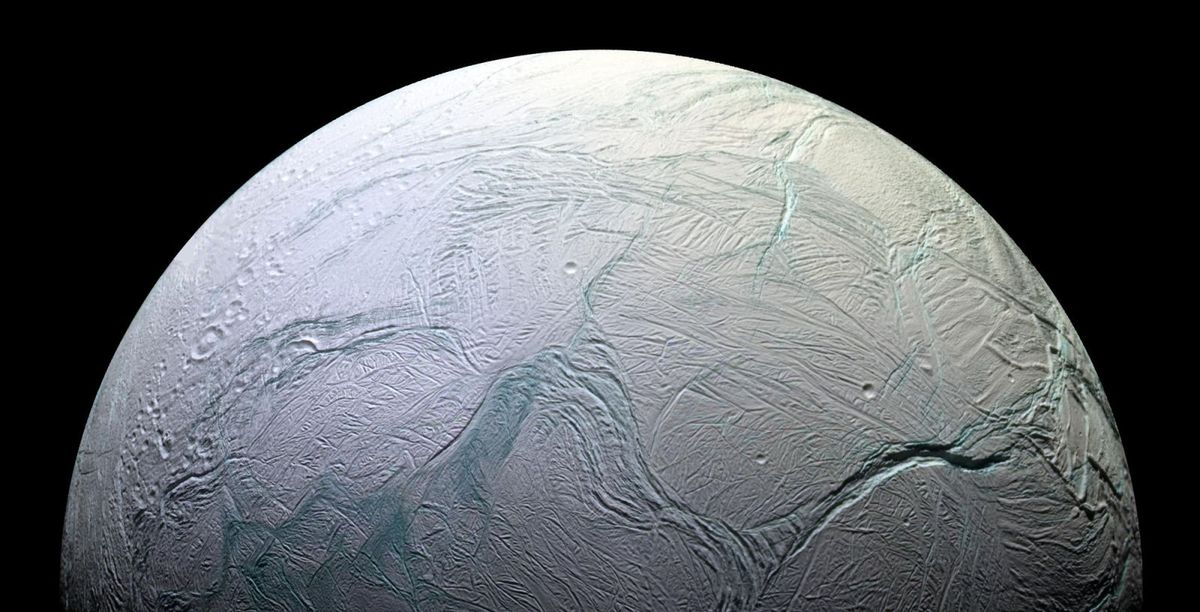Zoom Link for Colloquium 04/25/2023 3:00pm PST
Please email astrobio@uw.edu for zoom presentation password
Presented By Alfonso Davila research scientist in the Exobiology Branch at NASA Ames Research Center
Saturn’s moon Enceladus is one of the most interesting astrobiology targets in the solar system. In 2005, the Cassini spacecraft discovered a giant plume of gas and ice emanating from the moon’s south polar terrain. The source of the plume is a subsurface ocean of liquid water with a volume, temperature, and salinity comparable to Earth’s Arctic Ocean. Enceladus’ subsurface ocean appears to meet the necessary conditions to support life, and frozen ocean water ejected in the plume contains complex organic matter. The outstanding mystery that remains to be solved is the process driving this organic synthesis. One possible mechanism are abiotic hydrothermal reactions on the ocean floor. The other, more enticing possibility is life. This talk will focus on Enceladus’ tremendous astrobiological potential and on the strategies to search for evidence of life in ocean materials ejected in the plume.

